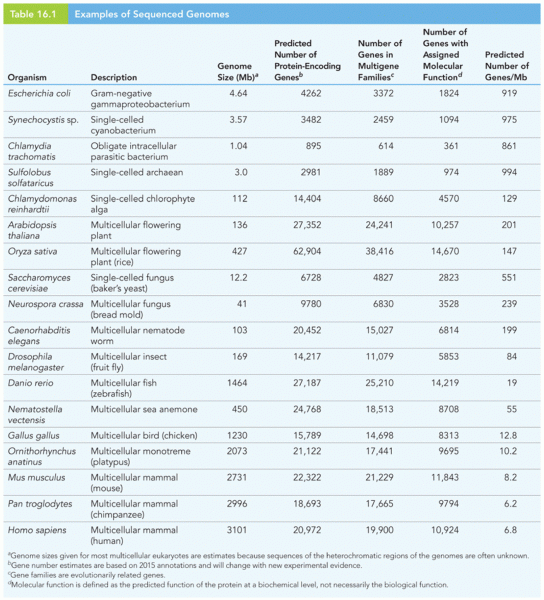Answer to Question 1
Biosocial effects could include a number of factors:
(a) AgeStudents may behave differently with a young student experimenter versus an older experimenter.
(b) AttractivenessStude nts may respond differently to attractive versus unattractive people.
(c)) GenderStudents might act differently with people of the opposite versus opposite sex.
(d) Apparent competenceStudies that are well planned and carried out might be seen as more credible by participants, especially with student researchers.
Any characteristic that is seen as a fundamental part of the individual could lead to a biosocial effect.
Psychosocial effects are also numerous:
(a) FriendlinessPeople act differently in experiments depending on how friendly the experimenter is.
(b) Personality of the individualPeople respond in different ways to different personalities.
Effects involve the experimenter and the participant, so the interaction goes both ways.
Answer to Question 2
An example of a prospective design would involve the measurement of people at a starting point and into the future; measurements are taken more or less as the related behaviors occur. An example of a retrospective design would involve measurements for behaviors and attitudes from the past, relying on the memories of the people.
The advantages of prospective design include the fact that you don't need to rely on memories, which can be faulty. In addition, in a prospective study, you can tailor your measurements, making sure that you include data that is important to you. The disadvantages include the fact that you have to have access to participants if some critical event occurs that might affect behavior; you can't go back in time. You also have to follow the participants over the time span of interest to you (e.g., a year, five years, etc.)
The advantages of a retrospective design includes the fact that you don't need to have been around your participants in the past when a critical event may have occurred. When an event takes place that can affect people later on, you can begin studying them later; so if researchers didn't recognize the importance of some event, they can ask people to recall what happened and how the participants responded. The disadvantages include the fact that you have to rely on people's memories, which can be faulty. In addition, if you are relying on data that others might have collected in the past, you have to use the information they collected, which might not match your own needs.







